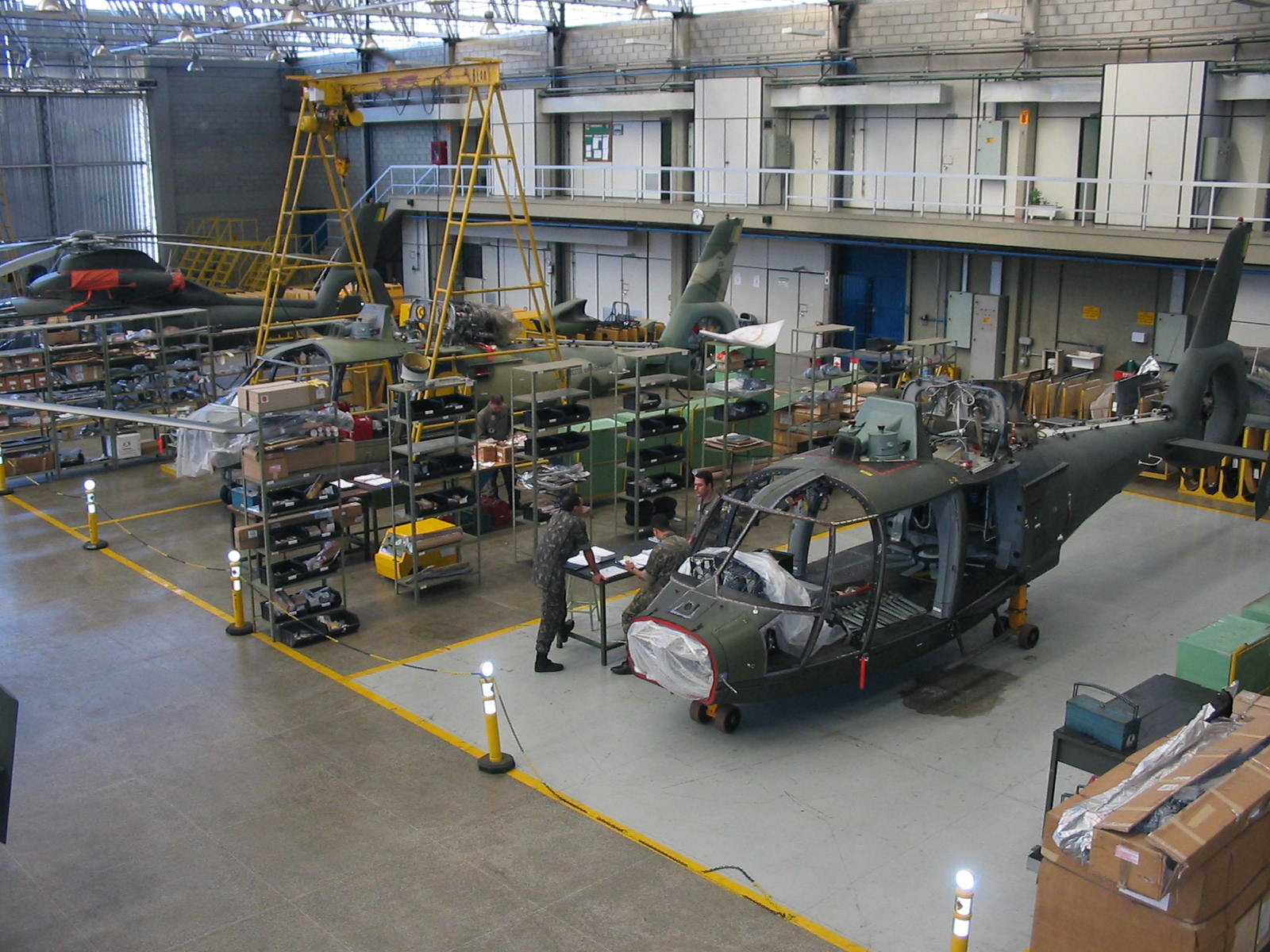|
Israel Air Force
The Israeli Air Force (IAF; he, זְרוֹעַ הָאֲוִיר וְהֶחָלָל, Zroa HaAvir VeHahalal, tl, "Air and Space Arm", commonly known as , ''Kheil HaAvir'', "Air Corps") operates as the aerial warfare branch of the Israel Defense Forces. It was founded on May 28, 1948, shortly after the Israeli Declaration of Independence. , Aluf Tomer Bar has been serving as the Air Force commander. The Israeli Air Force was established using commandeered or donated civilian aircraft and obsolete and surplus World War II combat aircraft. Eventually, more aircraft were procured, including Boeing B-17s, Bristol Beaufighters, de Havilland Mosquitoes and P-51D Mustangs. The Israeli Air Force played an important part in Operation Kadesh, Israel's part in the 1956 Suez Crisis, dropping paratroopers at the Mitla Pass. On June 5, 1967, the first day of the Six-Day War, the Israeli Air Force performed Operation Focus, debilitating the opposing Arab air forces and attaining air suprem ... [...More Info...] [...Related Items...] OR: [Wikipedia] [Google] [Baidu] |
Air Force
An air force – in the broadest sense – is the national military branch that primarily conducts aerial warfare. More specifically, it is the branch of a nation's armed services that is responsible for aerial warfare as distinct from an army or navy. Typically, air forces are responsible for gaining control of the air, carrying out strategic and tactical bombing missions, and providing support to land and naval forces often in the form of aerial reconnaissance and close air support. The term air force may also refer to a tactical air force or numbered air force, which is an operational formation either within a national air force or comprising several air components from allied nations. Air forces typically consist of a combination of fighters, bombers, helicopters, transport planes and other aircraft. Many air forces may command and control other air defence forces assets such as anti-aircraft artillery, surface-to-air missiles, or anti-ballistic missile warning ... [...More Info...] [...Related Items...] OR: [Wikipedia] [Google] [Baidu] |
AH-64D Apache
The Boeing AH-64 Apache () is an American twin-turboshaft attack helicopter with a tailwheel-type landing gear arrangement and a tandem cockpit for a crew of two. It features a nose-mounted sensor suite for target acquisition and night vision systems. It is armed with a M230 chain gun carried between the main landing gear, under the aircraft's forward fuselage, and four hardpoints mounted on stub-wing pylons for carrying armament and stores, typically a mixture of AGM-114 Hellfire missiles and Hydra 70 rocket pods. The AH-64 has significant systems redundancy to improve combat survivability. The Apache began as the ''Model 77'' developed by Hughes Helicopters for the United States Army's Advanced Attack Helicopter program to replace the AH-1 Cobra. The prototype YAH-64 was first flown on 30 September 1975. The U.S. Army selected the YAH-64 over the Bell YAH-63 in 1976, and later approved full production in 1982. After purchasing Hughes Helicopters in 1984, McDonnell Doug ... [...More Info...] [...Related Items...] OR: [Wikipedia] [Google] [Baidu] |
Sikorsky CH-53 Sea Stallion
The CH-53 Sea Stallion (Sikorsky S-65) is an American family of heavy-lift transport helicopters designed and built by the American manufacturer Sikorsky Aircraft. It was originally developed in response to a request from the United States Navy's Bureau of Naval Weapons made in March 1962 for a replacement for the Sikorsky CH-37 Mojave helicopters flown by the United States Marine Corps (USMC). In July 1962, Sikorsky's proposal, which was basically a scaled-up S-61R fitted with twin General Electric T64 turboshaft engines and the dynamic system of the S-64/CH-54, was selected. On 14 October 1964, the YCH-53A performed its maiden flight; the first deliveries of production CH-53s to operational units commenced on 12 September 1966. The first combat use of the type occurred during the following year when it was deployed to the Vietnam theatre; the CH-53 quickly proved its value for moving heavy payloads, particularly in the recovery of damaged aircraft. Several variants of the ... [...More Info...] [...Related Items...] OR: [Wikipedia] [Google] [Baidu] |
Lockheed C-130 Hercules
The Lockheed C-130 Hercules is an American four-engine turboprop military transport aircraft designed and built by Lockheed (now Lockheed Martin). Capable of using unprepared runways for takeoffs and landings, the C-130 was originally designed as a troop, medevac, and cargo transport aircraft. The versatile airframe has found uses in other roles, including as a gunship ( AC-130), for airborne assault, search and rescue, scientific research support, weather reconnaissance, aerial refueling, maritime patrol, and aerial firefighting. It is now the main tactical airlifter for many military forces worldwide. More than 40 variants of the Hercules, including civilian versions marketed as the Lockheed L-100, operate in more than 60 nations. The C-130 entered service with the U.S. in 1956, followed by Australia and many other nations. During its years of service, the Hercules has participated in numerous military, civilian and humanitarian aid operations. In 2007, the C- ... [...More Info...] [...Related Items...] OR: [Wikipedia] [Google] [Baidu] |
Boeing 707
The Boeing 707 is an American, long-range, narrow-body airliner, the first jetliner developed and produced by Boeing Commercial Airplanes. Developed from the Boeing 367-80 prototype first flown in 1954, the initial first flew on December 20, 1957. Pan American World Airways began regular 707 service on October 26, 1958. With versions produced until 1979, the 707 was a swept wing, quadjet with podded engines. Its larger fuselage cross-section allowed six-abreast economy seating, retained in the later 720, 727, 737, and 757 models. Although it was not the first commercial jetliner in service, the 707 was the first to be widespread and is often credited with beginning the Jet Age. It dominated passenger air transport in the 1960s, and remained common through the 1970s, on domestic, transcontinental, and transatlantic flights, as well as cargo and military applications. It established Boeing as a dominant airliner manufacturer with its 7x7 series. The initial, w ... [...More Info...] [...Related Items...] OR: [Wikipedia] [Google] [Baidu] |
Bell 206
The Bell 206 is a family of two-bladed, single- and twin-engined helicopters, manufactured by Bell Helicopter at its Mirabel, Quebec, plant. Originally developed as the Bell YOH-4 for the United States Army's Light Observation Helicopter program, it was not selected by the Army. Bell redesigned the airframe and successfully marketed the aircraft commercially as the five-place Bell 206A JetRanger. The new design was eventually selected by the Army as the OH-58 Kiowa. Bell also developed a seven-place LongRanger, which was later offered with a twin-engined option as the TwinRanger, while Tridair Helicopters offers a similar conversion of the LongRanger called the Gemini ST. The ICAO-assigned model designation "B06" is used on flight plans for the JetRanger and LongRanger, and the designation "B06T" is used for the twin-engined TwinRangers. Development Origins and JetRanger On October 14, 1960, the United States Navy solicited responses from 25 aircraft manufacturers to a req ... [...More Info...] [...Related Items...] OR: [Wikipedia] [Google] [Baidu] |
Alenia Aermacchi M-346 Master
The Aermacchi M-346 Master is a family of military twin-engine transonic advanced jet trainers and light combat aircraft. Originally co-developed with Yakovlev as the Yak/AEM-130, the partnership was dissolved in 2000 and then Alenia Aermacchi proceeded to separately develop the M-346 Master, while Yakolev continued work on the Yakovlev Yak-130. The first flight of the M-346 was performed in 2004. The type is currently operated by the air forces of Italy, Israel, Singapore, and Poland. Since 2016 the manufacturer became Leonardo-Finmeccanica as Alenia Aermacchi merged into the new Finmeccanica, finally rebranded as Leonardo in 2017. Development In 1992, Aermacchi signed a cooperation agreement with Yakovlev to provide financial and technical support for the new trainer that the firm had been developing since 1991 for the Russian Air Force in competition with the Mikoyan MiG-AT. Aermacchi also gained the right to modify and market the aircraft for the Western market. The re ... [...More Info...] [...Related Items...] OR: [Wikipedia] [Google] [Baidu] |
Beechcraft T-6 Texan II
The Beechcraft T-6 Texan II is a single-engine turboprop aircraft built by the Raytheon Aircraft Company (Textron Aviation since 2014). A trainer aircraft based on the Pilatus PC-9, the T-6 has replaced the United States Air Force's Cessna T-37B Tweet and the United States Navy's T-34C Turbo Mentor. The T-6A is used by the United States Air Force for basic pilot training and Combat Systems Officer (CSO) training, the United States Navy and United States Marine Corps for primary Naval Aviator training and primary and intermediate Naval Flight Officer (NFO) training, and by the Royal Canadian Air Force (CT-156 Harvard II designation), Greek Air Force, Israeli Air Force (with the "Efroni" nickname), and Iraqi Air Force for basic flight training. The T-6B is the primary trainer for U.S. student naval aviators (SNAs). The T-6C is used for training by the Mexican Air Force, Royal Air Force, Royal Moroccan Air Force, and the Royal New Zealand Air Force. Design and development Th ... [...More Info...] [...Related Items...] OR: [Wikipedia] [Google] [Baidu] |
Grob G-120
The Grob G 120 is a two-seat training and aerobatic low-wing aircraft with a carbon composite airframe, built by Grob Aircraft. It is based on the Grob G 115TA training aircraft and is specially designed for military and civil pilots training. It has a tricycle landing gear and a low tailplane. Design and development The airframe is made of carbon fibre reinforced plastic and is stressed to +6/-4g. Its minimum service life is just over 15,000 flight hours. The cockpit provides room for students wearing military equipment and helmets. The plane is equipped with movable seats and rudder pedals and an air conditioning system. A second thrust lever is available. Variants ; :Piston powered version with a Lycoming AEIO-540-D4D5 six cylinder, four-stroke, air-cooled piston aircraft engine producing . ; G 120TP :Turboprop powered version with a Rolls-Royce 250-B17F aircraft engine producing for take-off. Operators ; * KF Defence Programs: 14 for training of Canadian Arme ... [...More Info...] [...Related Items...] OR: [Wikipedia] [Google] [Baidu] |
Beechcraft Super King Air
The Beechcraft Super King Air family is part of a line of twin- turboprop aircraft produced by Beechcraft. The Model 200 and Model 300 series were originally marketed as the "Super King Air" family; the "Super" designation was dropped in 1996."Raytheon Beechcraft King Air 200." ''airliners.net.'', July 30, 2006. They form the King Air line together with the King Air Model 90 and 100 series. Beechcraft currently offers the 250 (design. B200GT) and the larger 350i (B300) models. The 350ER (B300CER) is available to government, military and commercial customers for special mission operations such as aerial survey, ... [...More Info...] [...Related Items...] OR: [Wikipedia] [Google] [Baidu] |
IAI Eitam
The Gulfstream G550 is a business jet aircraft produced by General Dynamics' Gulfstream Aerospace unit in Savannah, Georgia, US. The certification designation is GV-SP. A version with reduced fuel capacity was marketed as the G500. Gulfstream ceased production of the G550 in July 2021. Development The G550 (GV-SP) with improved engines received its FAA type certificate on August 14, 2003. In 2014, Gulfstream looked at a re-engine with the Rolls-Royce Pearl BR700 development announced in May 2018 for the new Global Express 5500 and 6500 variants but preferred the BR725-powered, 7,500 nmi G650. The 500th Gulfstream G550 aircraft was delivered in May 2015. Deliveries went from 50 aircraft in 2011 to 19 in 2016 and with 40 units for sale in a fleet of 540. Valuations of the G550 are falling: a 10-year-old G550 valued $28 million a year before is worth $18-$20 million in January 2017, while a two-year-old went from $40 to $35 million. In May 2017, early 2003 G550s were valued a ... [...More Info...] [...Related Items...] OR: [Wikipedia] [Google] [Baidu] |
Eurocopter AS565 Panther
The Eurocopter (now Airbus Helicopters) AS565 Panther is the military version of the Eurocopter AS365 Dauphin medium-weight multi-purpose twin-engine helicopter. The Panther is used for a wide range of military roles, including combat assault, fire support, anti-submarine warfare, anti-surface warfare, search and rescue, and medical evacuation. Development During the 1980s, French aerospace firm Aerospatiale decided to develop a purpose-built military version of their popular Eurocopter AS365 Dauphin. The civil SA365 N variant of the Dauphin was used as the starting point for the project; the new rotorcraft was designed to perform utility, anti-tank, troop-transport, and maritime operations. On 28 February 1984, the military variant prototype, designated as the AS365M and later named Panther, conducted its first flight. A total of three prototypes were built. In May 1986, Aerospatiale formally launched production of the AS365M, at which point the firm anticipated more than 400 ... [...More Info...] [...Related Items...] OR: [Wikipedia] [Google] [Baidu] |
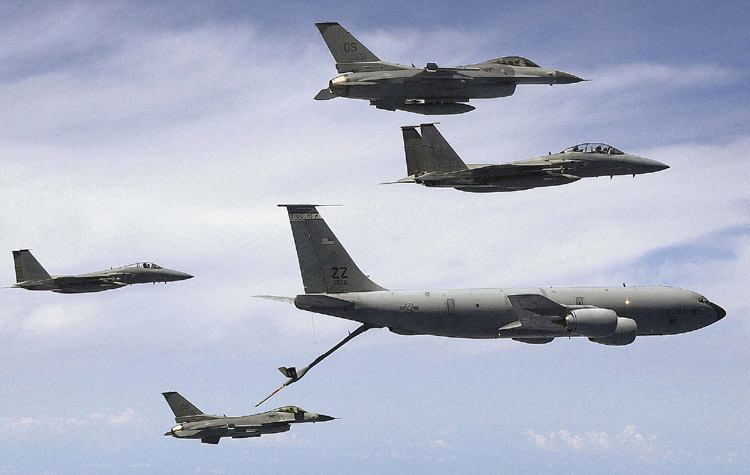
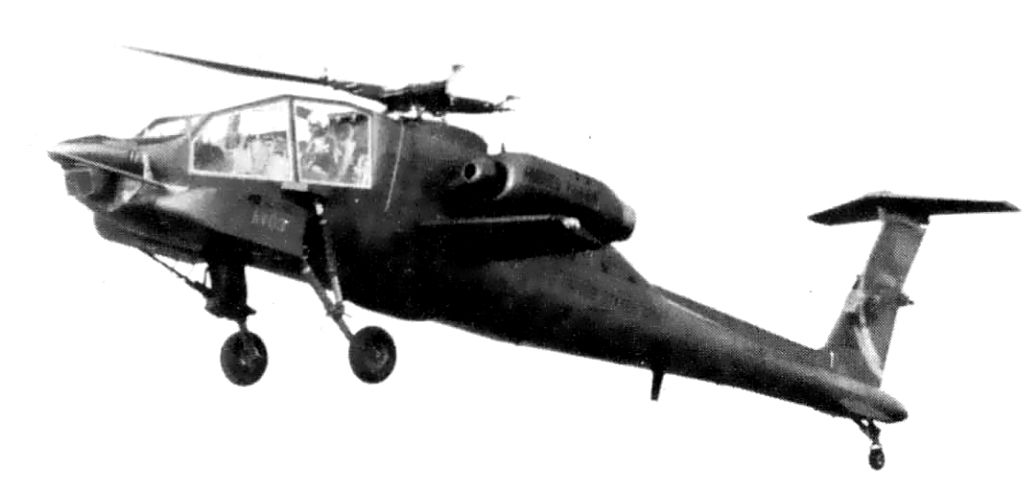
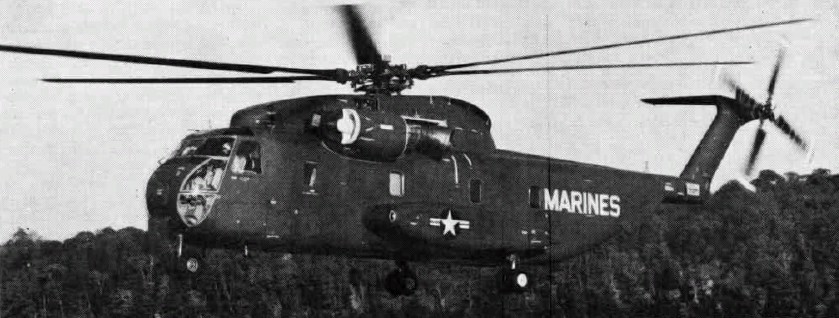



.jpg)
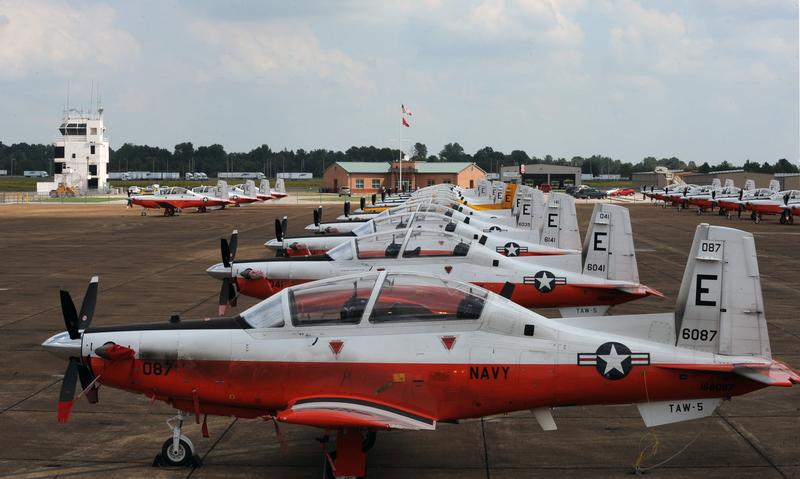

_Beechcraft_200_Super_King_Air.jpg)

